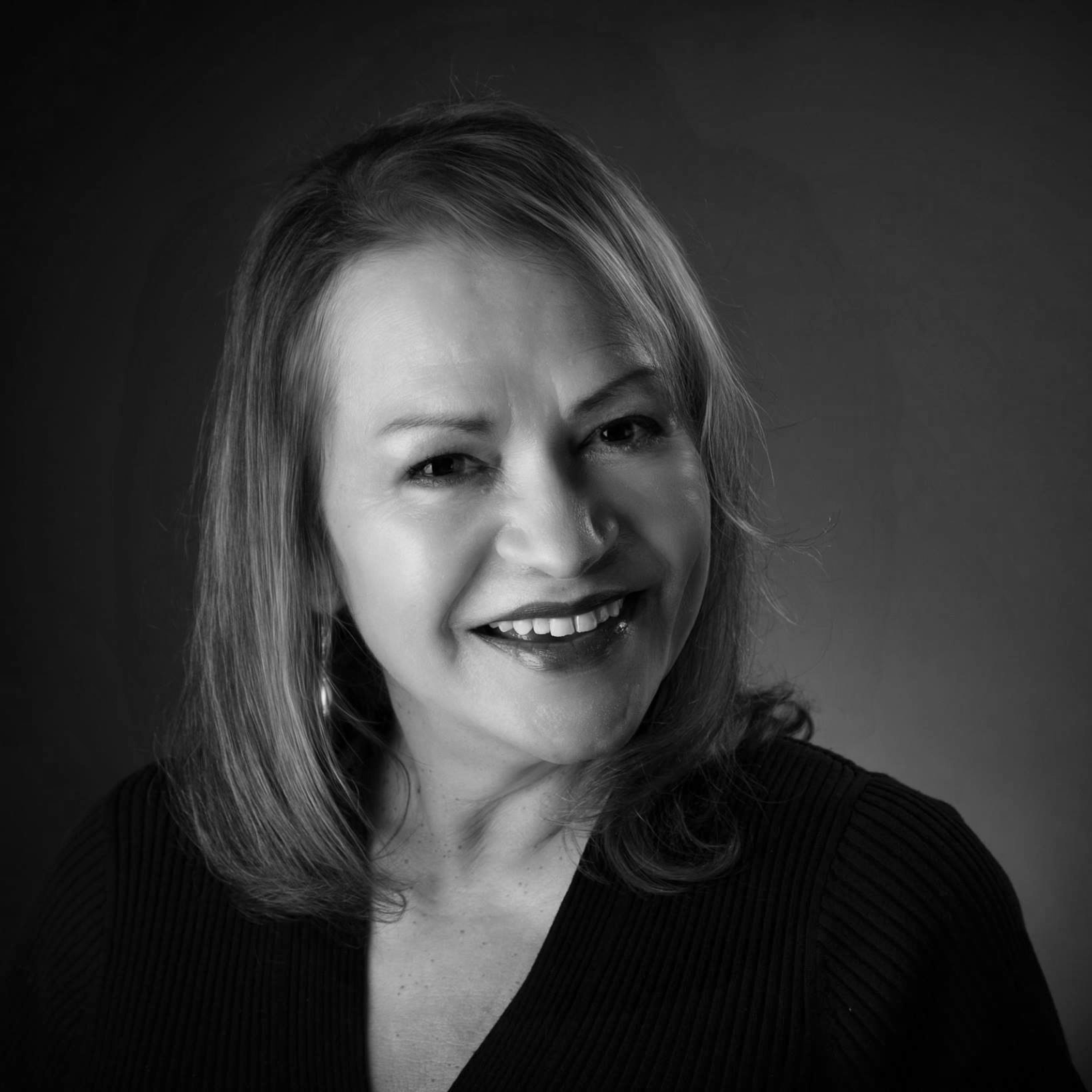My brother, Louis Arthur Pacheco, the youngest of our six siblings and a pretty happy go-lucky guy, was 27 years old when he died from a self-inflicted gunshot to the head. It changed my life forever, and truthfully, the lives of everybody in our nuclear family, as well as our extended family and friends.
The stigma of suicide is very strong in Latino culture. At first, my father and two brothers didn’t want to talk. My sisters and I were the only ones who tried to make sense of something that will never ever make sense.
A high school teacher at the time, I felt the stigma even with my well-meaning administration and fellow faculty, who told me that I didn’t have to talk about it. I worked with juniors and seniors, and when I did tell them about Louis, they were not only empathic, but then they started coming out of the woodwork, after school and before school. It was overwhelming, hearing from 20, 25 kids, saying things like, “I never wanted to talk about this, but I’ve thought about taking my own life.” We found ourselves having informal, therapy-type groups.
At the end of the school year, I took a leave of absence to take care of my father, who was having an extremely difficult time after a series of tragic losses, including my mother and Louis. That’s when I decided to go back to school for a degree in Educational Psychology and Counseling. I wanted to finish so badly that I did my seven-year program in three and a half. Today, my private practice specializes in young children and adolescents, suicide and gun violence survivors, and veterans suffering from PTSD.
A friend who had lost a child to suicide told me about Everytown and Moms Demand Action. I got involved with the gun safety movement, and over the years, I’ve been a Survivor Lead Volunteer, a Fellow with the Everytown Survivor Network, and a spokesperson about the gun violence prevention movement. I tell people that Moms Demand Action is like having a whole other family—people there that understand you, see you, hear you. They’re there for you, with whatever you may need at the time.
Through the movement, I started meeting survivors all over the nation. We traveled to D.C., we went up on the Hill, and we spoke with members of Congress. I started getting more involved, reaching out to our own political representatives here in Nevada and later serving as a state Democratic Party officer.
While politically active, I’d turned down requests to run for office, as I had a very busy, full-time practice. Then, in 2017, there was a vacancy on the Clark County School District Board of Trustees and I was appointed. I decided to go for it, and I won. Then, I won the election to retain my seat in 2018 and was elected to a second four year term in 2022.
As a trustee, I’ve gotten lots of hate mail and terrible voice messages from what I call the “Why do you want to take away our guns?” group. If somebody is very civil and leaves me a message saying that they don’t agree with me, then I’ll call them back and tell them that my husband is an Air Force veteran. We own a gun safe and several guns, and, with the exception of one daughter, my other four kids know how to shoot. From there we can talk about how this isn’t a Republican or a Democratic or Libertarian issue. It’s a human issue — a public health crisis.
Together, our community has helped pass red flag laws and secure storage laws. We could not have done it without the Moms Demand Action family and the Everytown community rallying around us, along with the community members, teachers, bus drivers, uncles, aunts, parents and legal guardians showing up to testify at statehouses.
To this day, I have family members who cannot really talk about Louie’s death. They can’t get out from underneath that quicksand of guilt — the feelings that they could have done more. That’s one of the hardest things I work with, as a volunteer and as a therapist: that feeling of “I could have, I would have,” is a very hard thing to get through, for a gun violence survivor.
I know because I’ve felt that too. I also know there’s connection, empowerment, and support.
One thing that I found especially helpful in the years when I served as a Survivor Lead Volunteer was keeping track of people’s year mark dates of their shootings. One survivor told me, “I don’t want to call it ‘the day that I lost my son’ or ‘that my son had been murdered.’ I call it his angel day.”
I’ve borrowed that from her. We remember, but we don’t define people just by how they died. I don’t want to see the people we’ve lost to gun violence as data points. I want to see their whole lives so we can honor their legacy.
by Linda Cavazos, as told to Sarah J. Robbins
